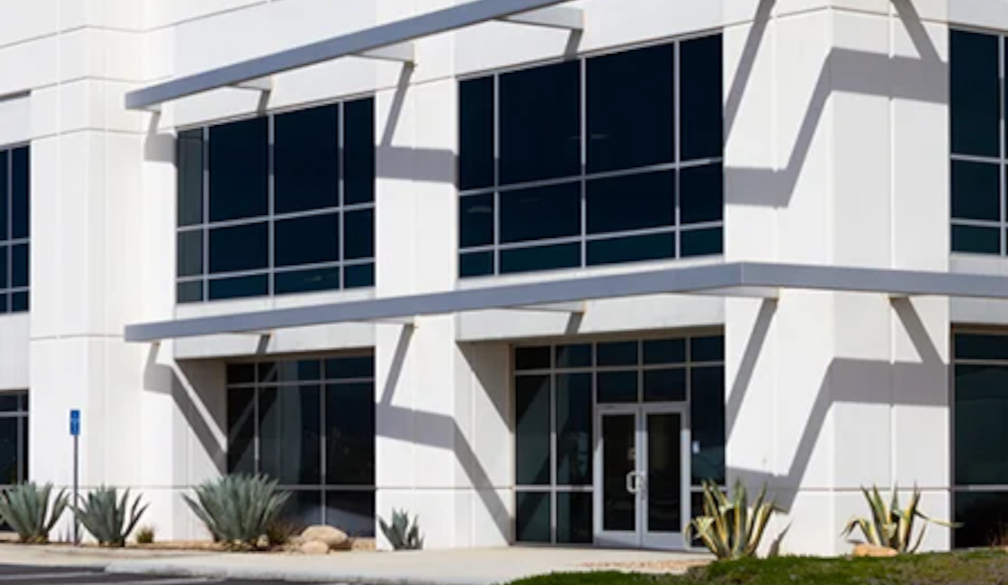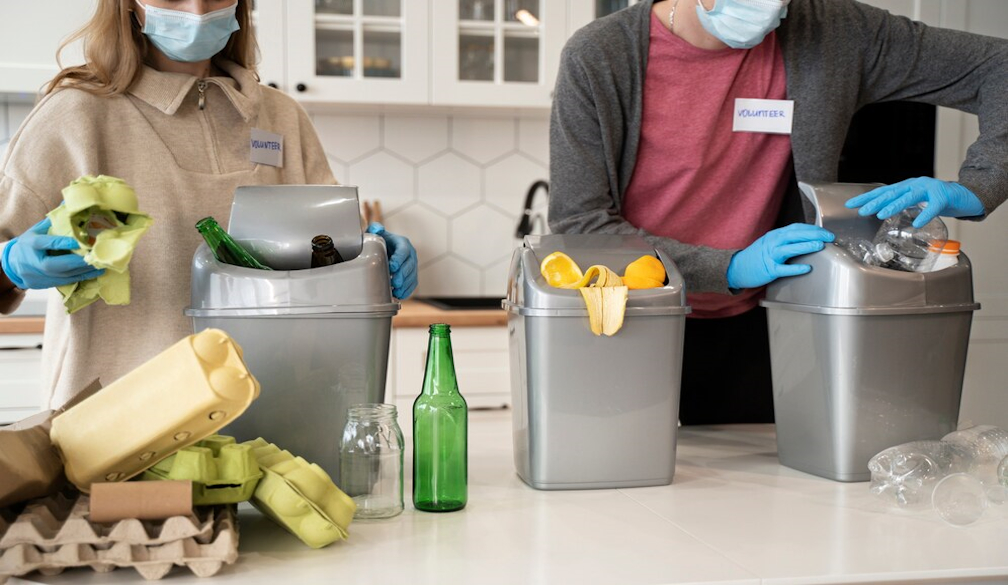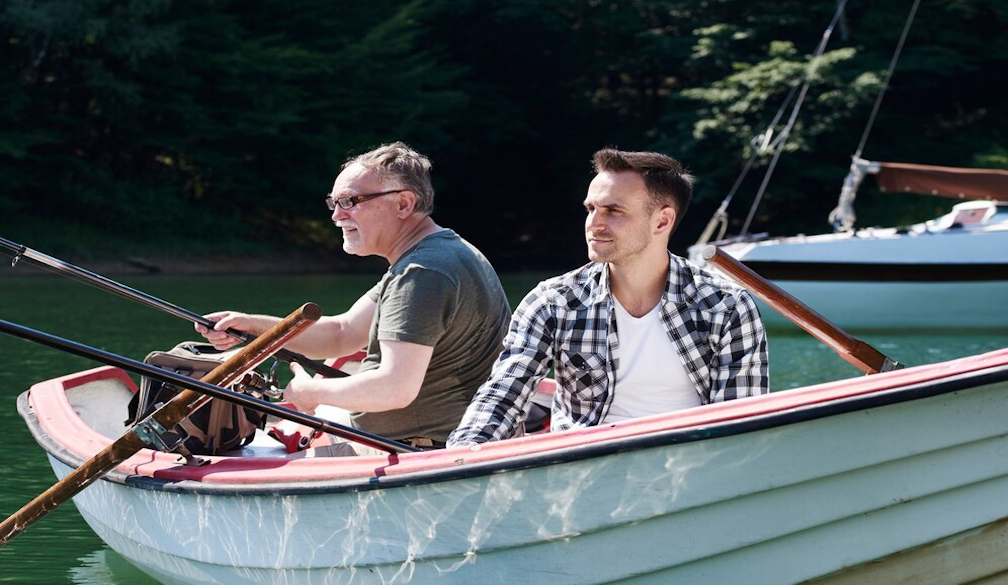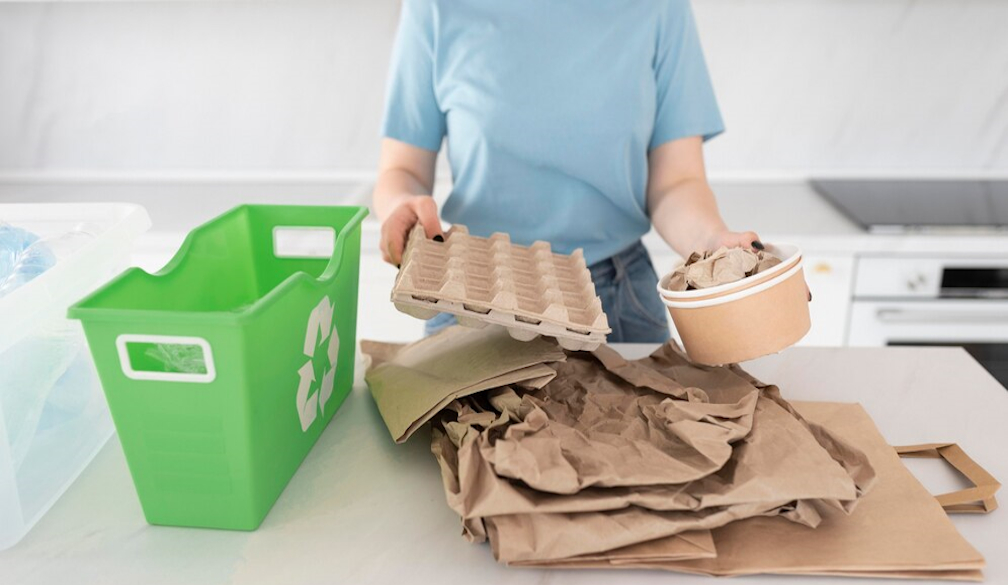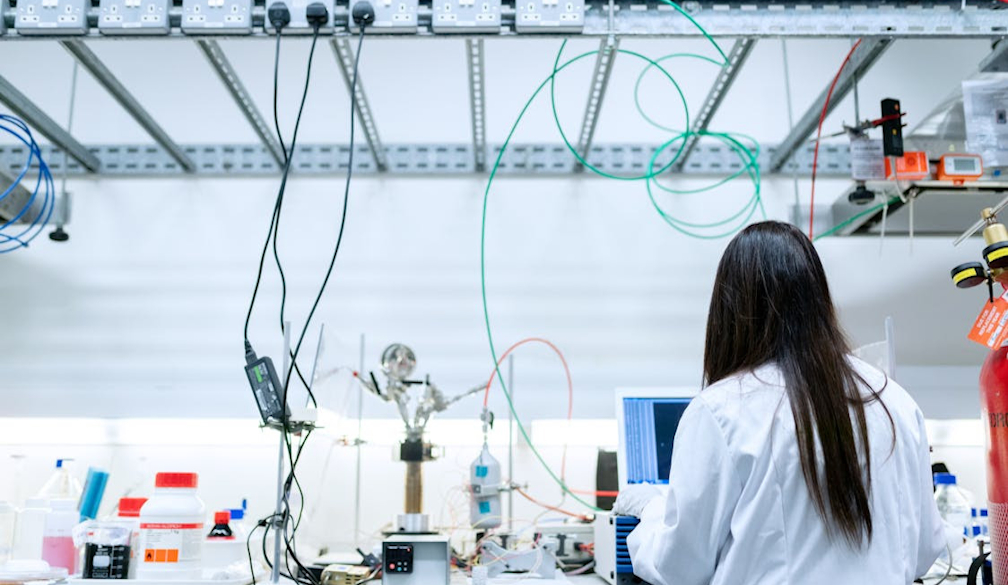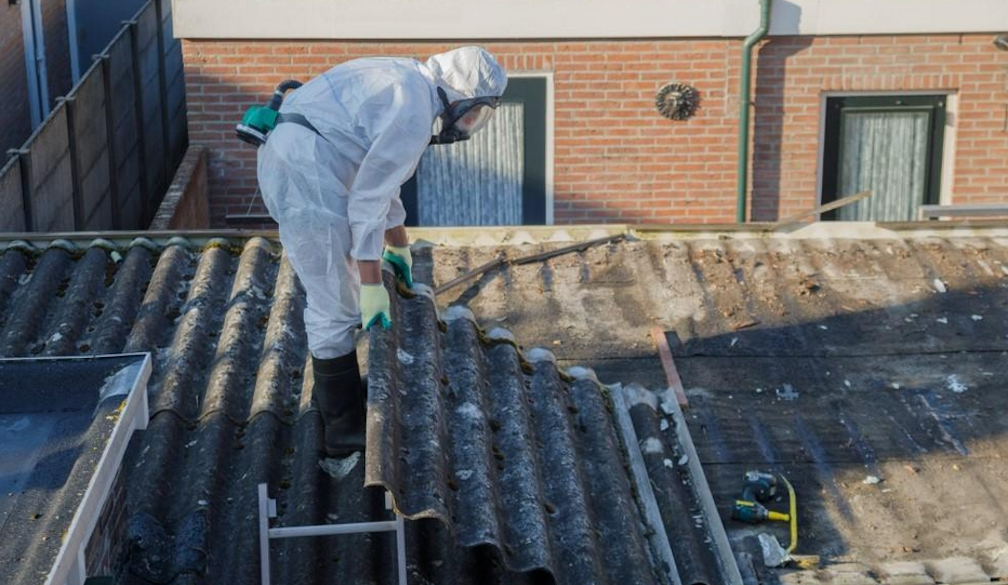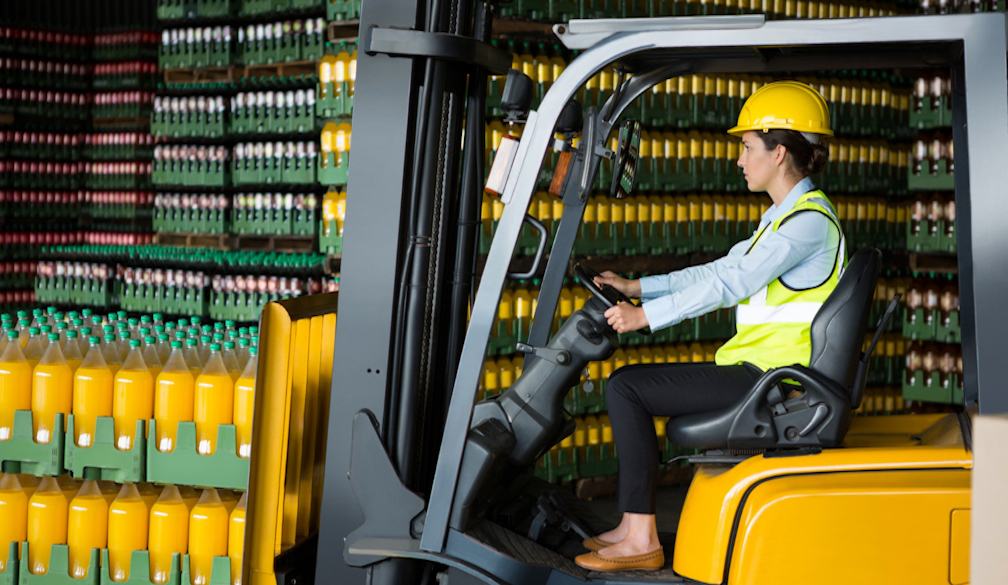Jennifer Westacott interview with Laura Jayes, Sky News
- Written by Jennifer Westacott AO, chief executive, Business Council of Australia

Laura Jayes, host Sky News AM Agenda: Joining me now live is CEO of the Business Council of Australia, Jennifer Westacott. Jennifer great to see you. Here we are again. Last time it did feel like businesses were optimistic they could get through this. This time, it feels like a lot of that resilience is gone.
Jennifer Westacott, chief executive Business Council of Australia: Look I think so. Although the packages that the governments announced this week are pretty good. And what we've seen all the way through this Laura is governments whether they're state governments or federal government, being willing to step in again, being willing to give more assistance. And we would encourage like a constant monitoring of how businesses are going, particularly those small businesses that are really going to struggle to get back on their feet. We're very worried about Victoria, and the prospect of another short lockdown. I think we just have to find a way to get this vaccine done, this is our only way out of this Laura. And as you and I talked about last time, clearer advice about the efficiency and risks of the vaccine from the health officials. And then a really concerted national effort once supply is here to get as many people vaccinated as possible. And that's where business is willing to step up and play its role. And then that plan to chart our course out of this. But that is the only way we are going to see a sustained end to these lockdowns, is getting that vaccine program on track. Getting it out to as many people as possible. But you know, clearly, you're right, it does feel different. I know just personally, you know, being here in Sydney, it feels different. But you do know with the NSW government, there's a pragmatism there, there's a realism there, and there's a trust there that they will do what they need to do to keep the community safe. But at the same time, they'll take action to make sure the economy can bounce back.
Laura: I feel your frustration Jennifer Westacott when it comes to this vaccine rollout because it all does come down to supply. Are you picking up that businesses, individuals, workers are just really sick of hearing how well we're doing, the vaccines are coming? They're seeing ads to tell them to go and get it when it's not really available for them. Are you satisfied that all that can be done is being done to get more vaccines here now?
Jennifer: I think so. We've had a lot of meetings with government. I don't think there's anyone who isn't aware that we've got to get the supply up. I don't think anyone could have foreseen what was going to happen with the AstraZeneca vaccine. But that is why we're also saying let's get some consistent health advice on that. Because there is, as I understand quite a lot of that is still available. It's the Pfizer that's not available. But you know, there's a couple of really simple things we have to do. We have to make sure that when that Pfizer is here we have this national push to get it out to as many people as possible, hence the role that we could play, particularly the large corporations in vaccinating their staff, setting up mass vaccine centres, staffing vaccine centres on behalf of government, mining companies helping with remote communities. Let's do the planning work on that now. We've done a lot of thinking about that. And of course, as usual, the first government other than the federal government to pick up the phone and say let's do this is NSW wanting to be out in front of that. But I think it doesn't help now to say who's to blame or who is at fault. We just have to now get this lockdown done and get the vaccine rolled out as fast as possible and start making sure that the health messages are consistent about Moderna, about Pfizer, about AstraZeneca so that people are not confused. And that they go and get this thing done and make it available at pharmacies, get the GP networks going, then we can get ourselves out of this rolling series of lockdowns, which as you say, feel different this time. And I think for small businesses each time these happen it gets harder and harder to come back.
Laura: Yeah, I think you're right. The blame game helps no one. I think there is a bit of frustration that there's not more that can be done now to get them here just in advance. Now, we're getting a million a week from next week. This week it's only 500,000 from Pfizer. The bulk of the mobile workforce is under 40, isn't it? When you look right around Australia, they can't quite get it yet. When do you expect that would happen? Do you have any hints that perhaps the rest of us don't?
Jennifer: No, we're not a party to that information. What we're doing now with the government is the planning for making sure that when it gets here that we've done the work on getting businesses accredited to have their flu vaccination services provided for Pfizer and for other COVID vaccines. Obviously, the Moderna will be part of the rollout as well. We think that there needs to be a very positive public communications exercise about the role of Moderna. But I'm not a party to any of that information Laura. What I'm trying to do is to work with government, federal and states, to say, well, let's use this time to do the planning to do all of the logistic work to make sure that when the supply is here, we can just go as hard as possible as a country. To get to those thresholds that then allow us to say, well, when we've reached that threshold, we're not locking down anymore.
Laura: Indeed, government is also under pressure here in NSW to define what essential work is. What I'm hearing is that if that was stopped even further, or restricted even further, it might just tip many over the edge. Does the Business Council have a view on essential work? And really the chains of manufacturing those supply chains? And what does need to stay in operation?
Jennifer: Yeah, what happened last year, particularly in NSW, was a very successful approach, which says, let's decide what we're going to shut down because it presents a risk, and we would encourage government to continue with that. And then things like manufacturing, things like large scale retailing, where there are COVID safe plans in place, stay open under those COVID safe arrangements because that allows people obviously to stay working. But it also allows people to basically have a capacity to live a reasonable existence by being able to go to the Bunnings store and get stuff done around the house. We would encourage that approach of being clear about the things that need to shut because there is a health risk is still the best approach. I mean, it could take, weeks and weeks defining these things versus continuing to reinforce the health messages, get the vaccine down and get the testing done, get the tracking and tracing done. We think the government has taken a very sensible and pragmatic approach here in NSW. We know that they're always open to refining that. But we've got to make sure that the economy can bounce back as quickly as possible. And we've got to trust the community will do the right thing. And they overwhelmingly have done the right thing, wearing masks, sanitising their hands and the big retailers, Big W, Coles and Woolworths, Target, Kmart, and Bunnings. They have all had world-class COVID safe plans in place.
Laura: Kmart is an essential service. I know for many doing home-schooling at the moment.
Jennifer: Absolutely. I mean, when it's cold in some parts of the state, kids need clothes. People need things around their house. I mean, I think, if you make that too narrow, not only do you impact jobs and capacity for people to work, but you also actually impact on people's mental wellbeing and their capacity to just get about their lives. I mean, yes, there is online, and people use that really effectively. But, you know, some people need this stuff, they need it in the next 24 hours and of course, tradespeople, particularly using Bunnings and Mitre 10, and those organisations. It's hugely important for them to be able to keep going. So I think the government has taken a really practical approach here. I think they've taken a sensible approach and we would encourage them to maintain that idea of you shut stuff down because there is a health risk.
Laura: Indeed, let me quickly ask you about skilled workers. Because you know, there is a big gap particularly for those in the agricultural sector. I mean, I spoke to a harvester just a couple of weeks ago, who was just, 90 days away from losing millions of dollars because he can't get the harvesters, the drivers of these heavy equipment in to get this product on time. Now, my colleague reported yesterday that they're looking at Christmas Island, the government's potentially looking at Christmas Island to get in skilled workers to quarantine. Would you welcome that move? Do you think the government needs to do anything possible in order to get skilled workers in?
Jennifer: Absolutely, if that's what we have to do, that's what we have to do. You know, I think, we now need to start thinking about dedicated quarantine facilities. We now just need to think about, particularly as we reach certain milestones with the vaccine, getting those skilled workers in. Whether it's in agriculture, whether it's in some of the big IT companies that are just clamouring for people. And of course, while they don't have those people, they're not going to do projects in Australia. The mining companies, let's get an orderly way of doing that. And if that means dedicated quarantine facilities so be it. Let's get them done. Let's get them built. Because we've got to stop this mindset Laura, that we're just kind of a couple of weeks away from this all being behind us. And you see in countries all around the world, even where they've got incredibly high vaccination rates, they've still got very high viral loads, and they've still got a lot of people sick. We need to be ready for the next strain. And that means we need to build across the federation, dedicated COVID facilities for quarantine. And that's going to allow us to get international students and skilled workers back. Let's do it. Let's get the plan. Let's get it done.
Laura: Jennifer Westcott, always a pleasure to talk. Thanks so much.




